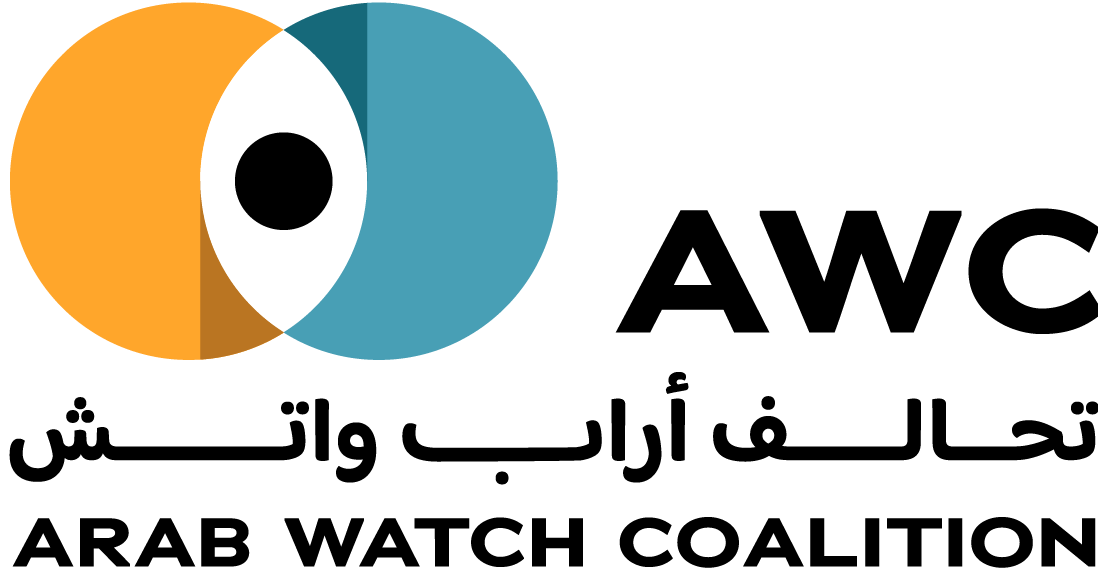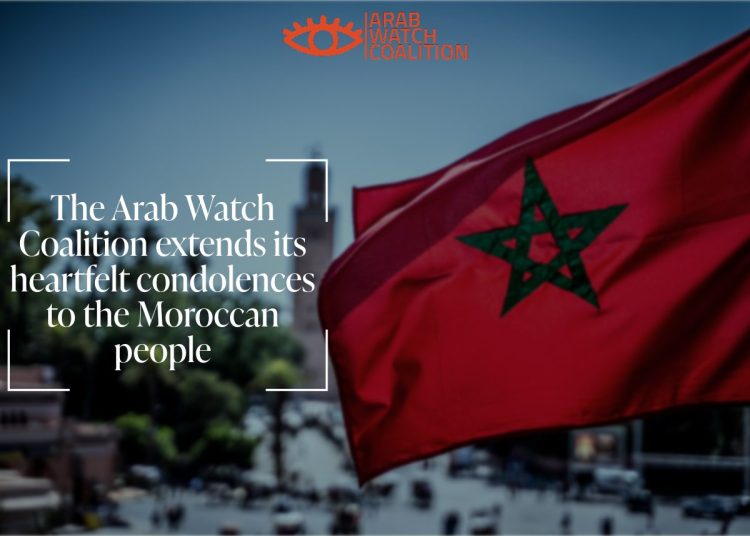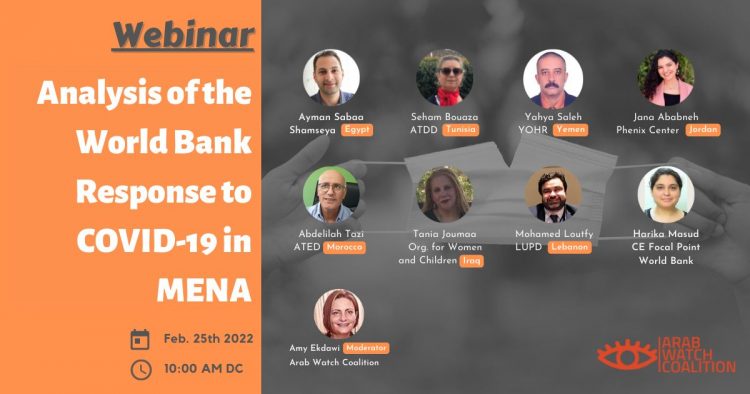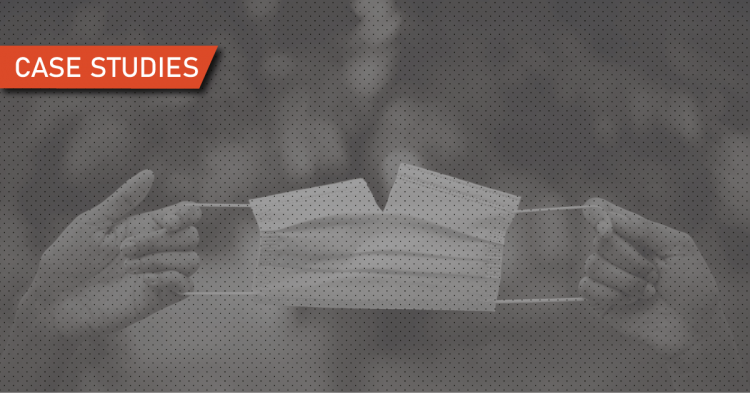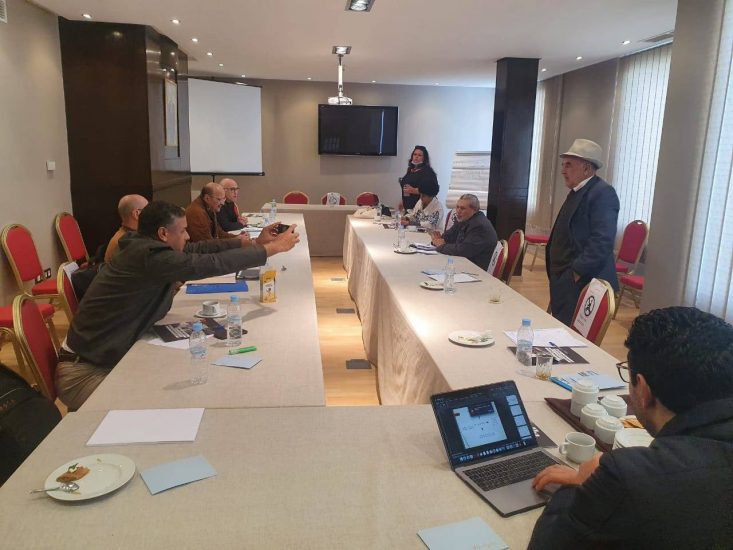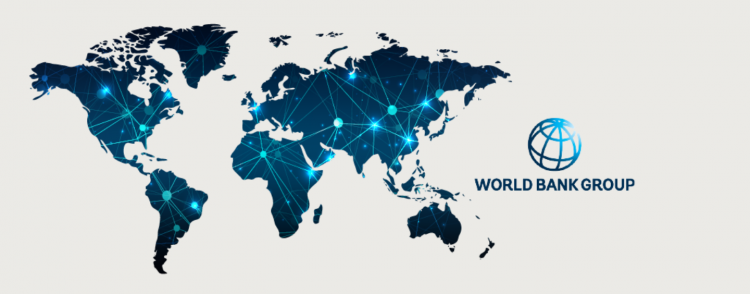MOROCCO
Stability at a Cost: Climate, Debt, and Civic Constraints in Morocco
Morocco is considered one of the most politically stable countries in the region. The country is suffering from severe economic crises due to climate change and drought, resulting in a shortage of agricultural and food crops, as well as increased prices of basic commodities.
Morocco has received several loans from the International Monetary Fund in recent years to cover its balance of payments deficit and face the economic challenges it faced due to the spread of the COVID-19 pandemic and the Russian-Ukrainian war.
Many International Development Banks have investment portfolios in Morocco through the public or private sector. The most important banks are the World Bank Group, the European Bank for Reconstruction and Development, the European Investment Bank, and the African Development Bank. Many of these investments are directed to programs to support investment-friendly policies, youth employment, digital governance, education, and the blue economy, which aims to sustain economic gains from marine and ocean resources. Although Morocco is a member of the Asian Infrastructure Investment Bank, the latter has not yet funded any investments in the country.
The history of the civil movement in Morocco is linked to the national struggle against colonialism in the 1960s. Despite the involvement of many people in voluntary work on several issues through civil society organizations, the movement is still largely voluntary, with its advantages and disadvantages. Due to the relative political stability in the country, civil society has accumulated experience in knowing and dealing with the political limitations that define the scope of its activities and how they are practiced.
AWC has four members in Morocco and also works with other non-member organizations.
IFIs working in Morocco
IMF
Morocco became a member of the IMF in 1958, two years after gaining independence. In 1959, it secured its first loan from the IMF. Since then, and as of August 2025, Morocco has received a total of 22 loans from the IMF, the last of which was in the form of a two-year Flexible Credit Line arrangement that was approved in April 2025, giving the country access to US$4.5 billion. This arrangement is to be used as a buffer against potential external shocks rather than relying on it for immediate budgetary support. The country intends to exit the arrangement as soon as the 24-month arrangement period is completed, provided the evolution of risks permits. This suggests a desire to return to full financial independence once conditions stabilize and the need for the FCL arrangement as insurance diminishes
The IMF regularly evaluates the Moroccan economy through a process known as the Article IV Consultation, which refers to Article IV of the IMF’s Articles of Agreement that defines the IMF’s surveillance responsibilities.
World Bank Group
The World Bank Group prepares a Country Partnership Framework (CPF) for each country. The CPF outlines the Bank‘s strategy in this specific country over a three to five-year period. The current Country Partnership Framework (CPF) for Morocco was originally developed to cover the period of 2019-24, but was later extended to cover 2025 as well.
Morocco joined the WBG in 1958. Throughout the years, and as of August 2025, the bank invested in 255 projects in the Moroccan public sector, 34 of which are still active.. There are also four projects in the pipeline (under preparation).
As of August 2025, the International Finance Corporation, the arm of the World Bank Group that invests in the private sector, has invested in 24 projects, sixteen of which are still active. In addition, there is one project in the pipeline (under preparation).
The African Development Bank (AFDB)
The African Development Bank Group has been active in Morocco since 1970. The AfDB’s Country Strategy for Morocco spans the period from 2024 to 2029. The Bank’s first project in Morocco, initiated in 1978, focused on the drinking water and sanitation sector.
As of August 2025, the African Development Bank (AfDB) has invested in 187 projects, 28 of which are still active, and 10 of which have been recently approved.
The European Investment Bank (EIB)
EIB started its operations in Morocco in 1979. Since then, and as of August 2025, EIB invested € 9.28 bn and financed 134 projects in Morocco in both public and private sectors.
The European Bank for Reconstruction and Development (EBRD)
The EBRD creates a Country Strategy for each nation it collaborates with, detailing its strategic framework for a specific period. The most recent Country Strategy for Morocco was adopted in 2024 and will extend until 2029.
Morocco’s partnership with the EBRD began relatively recently, with its first project dating back to August 2012. Since then, the EBRD has invested over €5,834 billion in 123 projects in Morocco, in both the public and private sectors.
